Discover that some crying makes you feel better, while other crying doesn’t, or may even make you feel worse.
A recent study indicates that crying does not make people feel better. But there is a problem with this study.
(Crying shame: Tears don’t make you feel any better, study shows, By Cari Nierenberg, http://bodyodd.msnbc.msn.com/_news/2011/07/29/7190543-crying-shame-tears-dont-make-you-feel-any-better-study-shows#.TjR9l8uTx0A.email).
The study indicates that:
“Shedding tears only improved mood in one-third of criers who kept tabs of their bawling behaviours finds recent research.”
The problem is that they do not differentiate between crying as a victim and crying to release the authentic pain of grief, loneliness, and heartbreak.
They do not differentiate between victim tears and authentic tears that release core painful feelings. It is likely that the one-third who benefited from crying were those who were releasing authentic pain.
Related: The Science of Crying: Why It Is Healthy & Necessary For Personal Growth
Victim Tears Make
Crying as a victim is a bottomless pit and will never lead to feeling better. Victim tears are protection again taking responsibility for yourself. This is a state of self-pity, rather than a state of compassion for yourself. When you are crying as a victim, your heart is closed to yourself. It is a state of self-abandonment.
It may be challenging to know when you are being a victim, but it’s easy to know when another is being a victim. We’ve all had the experience of being with someone who is crying and wanting us to make them feel better. We feel a pull from them to fix them.
When I’m with someone who is crying from this victim state, I don’t feel drawn to hold and comfort them. I do have compassion for them, as they are in a state of deep self-abandonment, and I’m always willing to help if they genuinely want the kind of help that leads to personal responsibility. But it would not be loving to them for me to enable them by doing for them what they need to be doing for themselves.
Related: People Who Cry During Movies Are The Strongest People Of All
If you find that crying doesn’t make you feel any better, then it is likely that you are in a victim state.
Crying from this state might even make you feel worse. This study found that:
“For the majority of cases — 61 percent of them — sobbers reported no change in mood compared to how they felt before moisture streamed down their cheeks. Thirty percent experienced a better mood afterward and nine percent felt worse.”
You will move out of the victim state the moment you want responsibility for your own feelings.
Related: 6 Reasons Why People Who Cry Are Actually Much Stronger and Healthier Than Those Who Don’t
Authentic Tears
Crying can help to release the deep pain of profound heartbreak and grief that is due to very painful life situations. Crying helps to move the energy of these painful emotions out of the body so that they don’t get stuck and cause illness.
When you are crying as an expression of your authentic feelings, you are gently holding your heart with deep compassion toward yourself. Your heart is open to yourself, and to receiving comfort from a spiritual source of love, as well as from others.
While the crying of victim pain can go on and on, the crying of authentic pain is generally short. The pain may come in waves, and if you allow yourself to cry each time, it will gradually diminish.
The study states:
“…participants who sobbed with the greatest intensity — but not for the longest amount of time — enjoyed the biggest bang from their bawling: Their moods benefited the most from shedding tears.”
It is likely that these were the people who were expressing authentic pain. It’s interesting to me that only one-third of the people in the study benefited from their crying, which indicates to me that two-thirds of the people were crying as victims.
The study’s conclusion that “Crying is not nearly as beneficial as people think it is,” is, in my view, misleading. I would state instead that crying as a victim is not at all beneficial, and crying the authentic tears of grief and heartbreak is very beneficial.
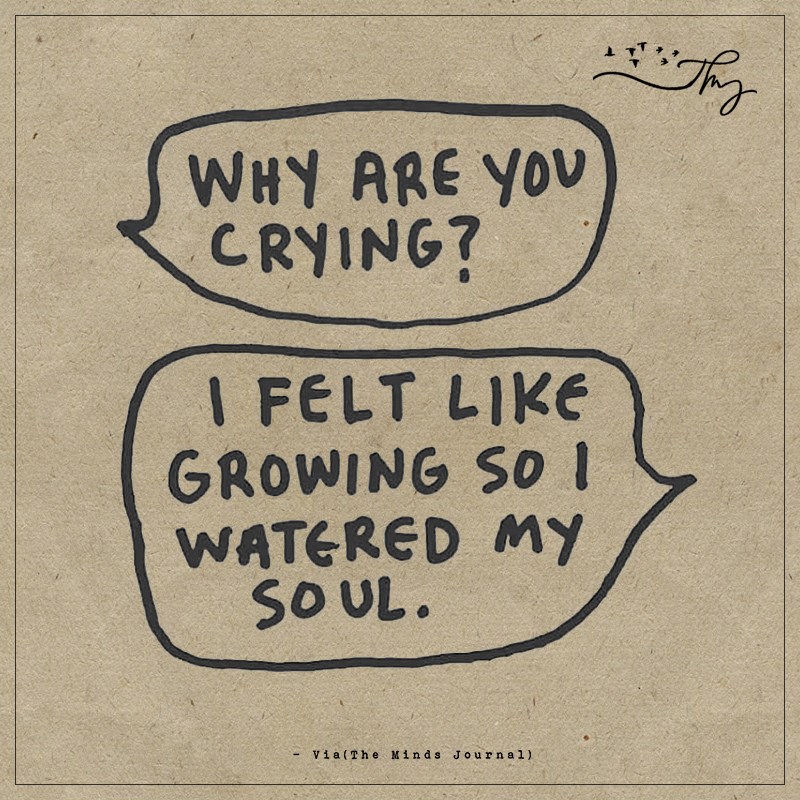
I would also add that crying from a moved heart – moved by love, beauty, tenderness, caring and compassion, is very beneficial. This indicates a truly open heart – a heart that can experience both joy and sorrow.
Written by Margaret Paul, PhD
For information or to schedule a phone or Skype session: 310-459-1700 • 888-646-6372 (888-6INNERBOND) http://www.innerbonding.com
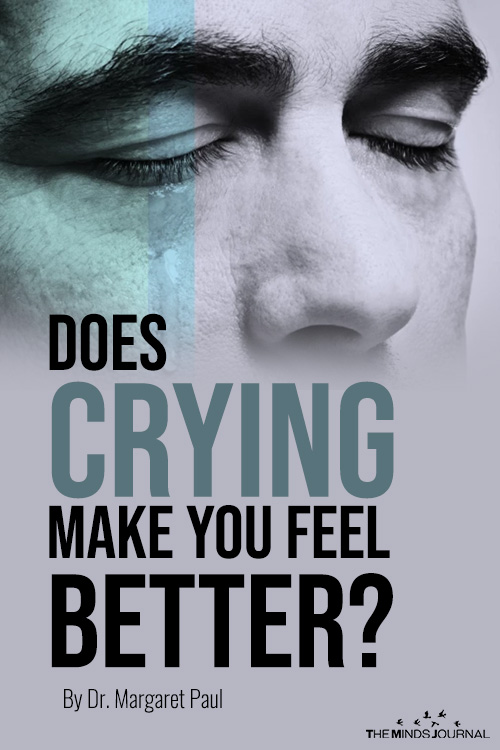
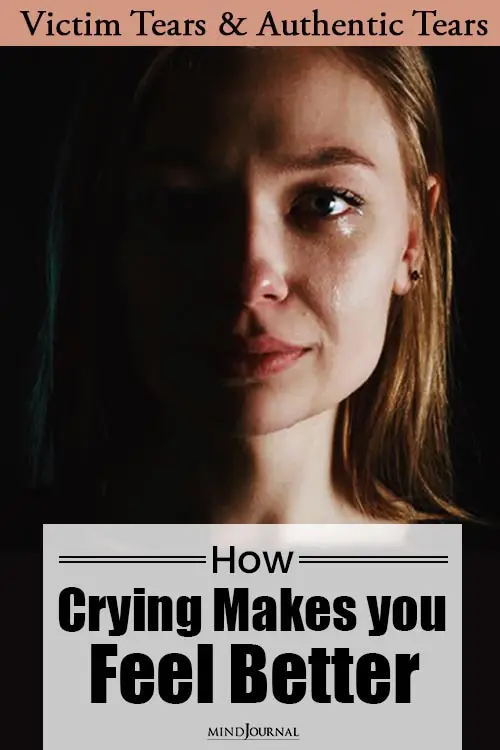

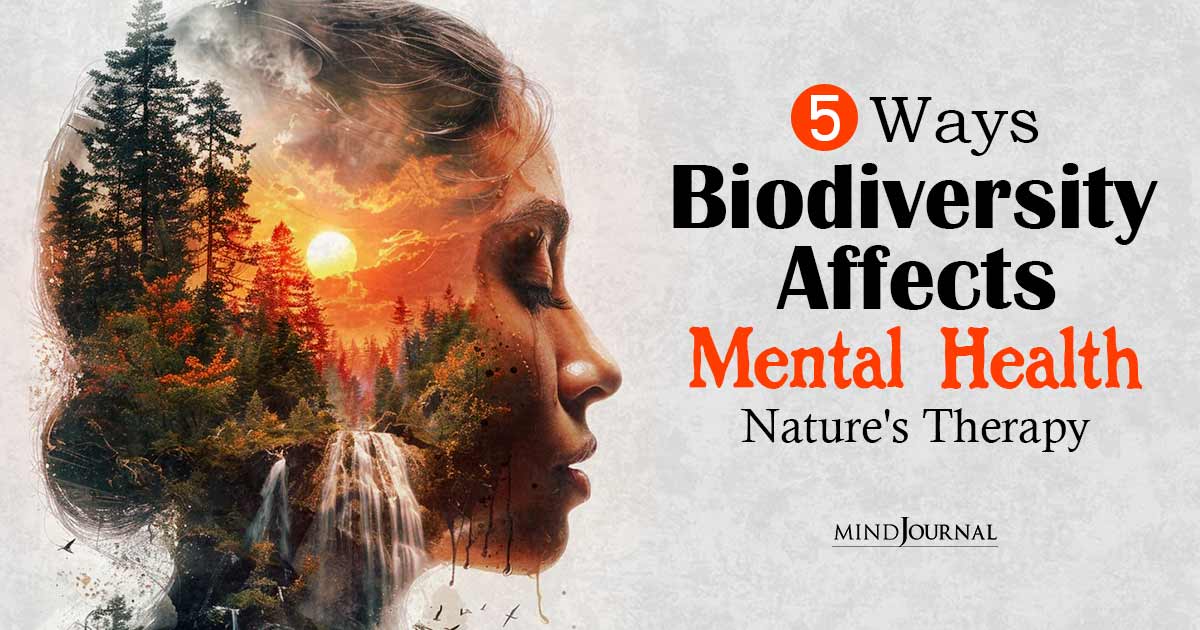


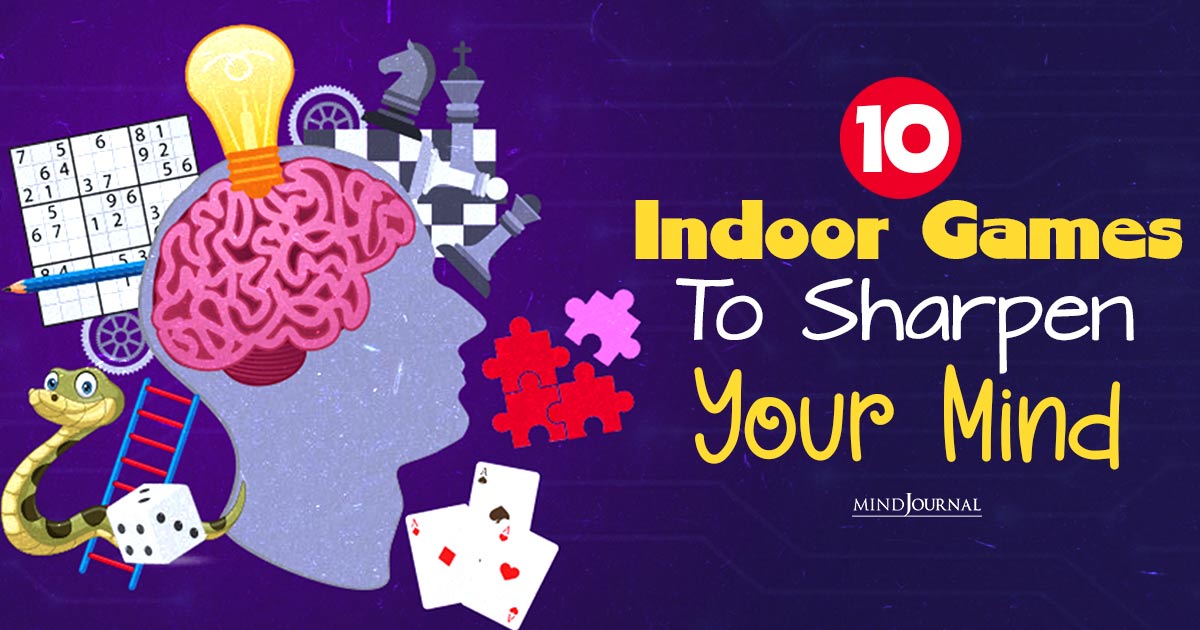
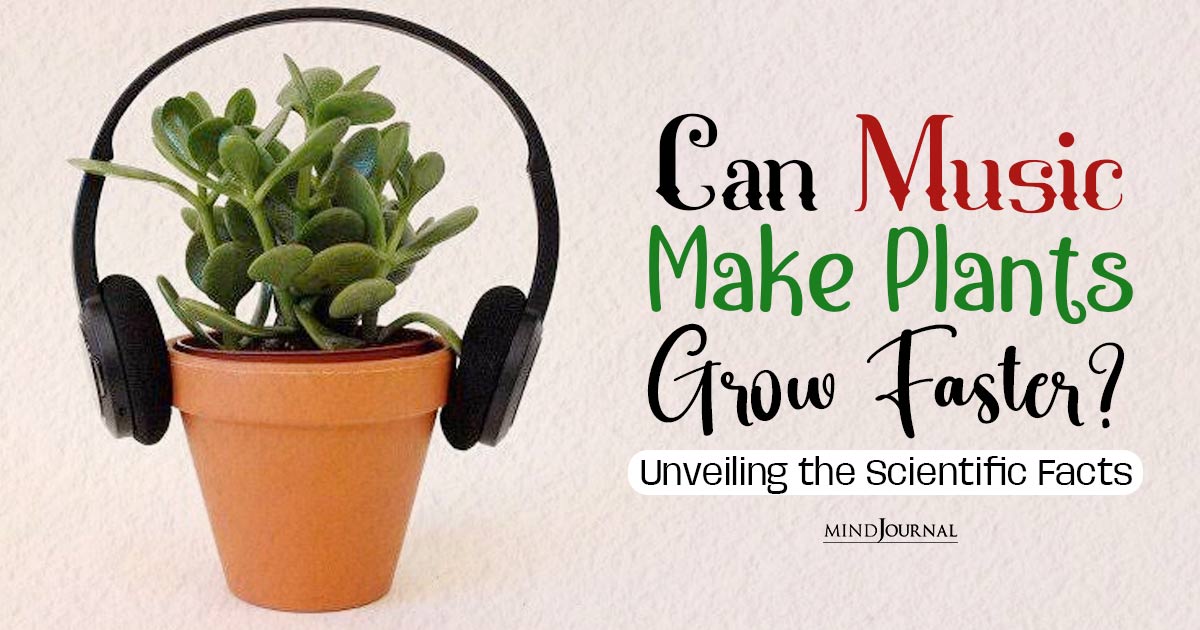
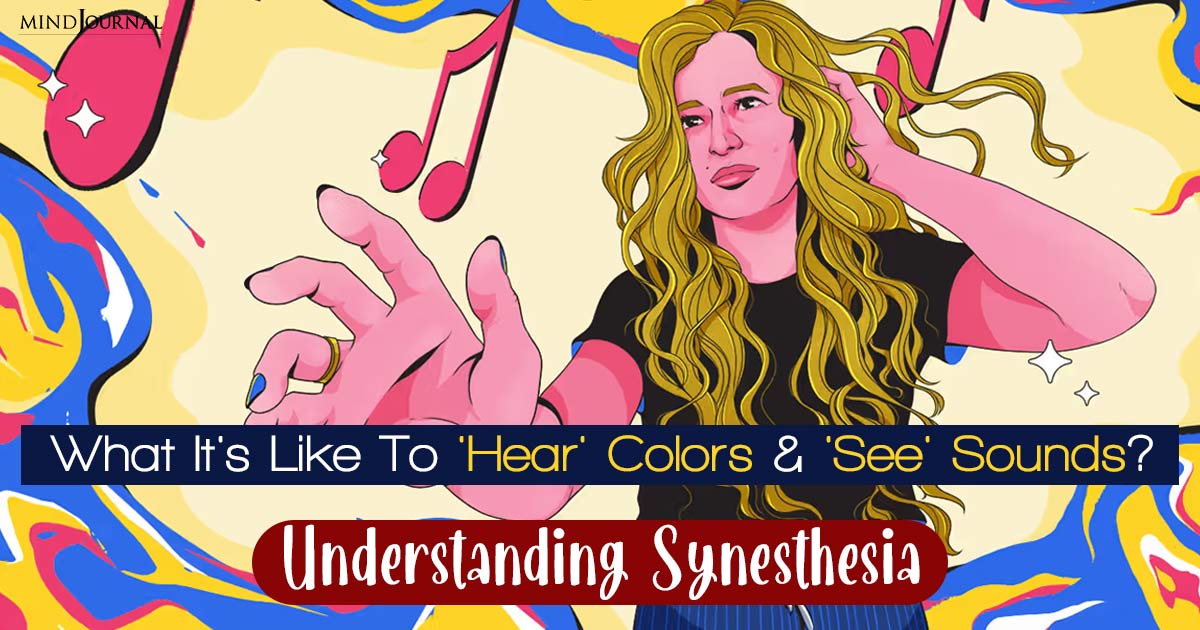
Leave a Reply
You must be logged in to post a comment.